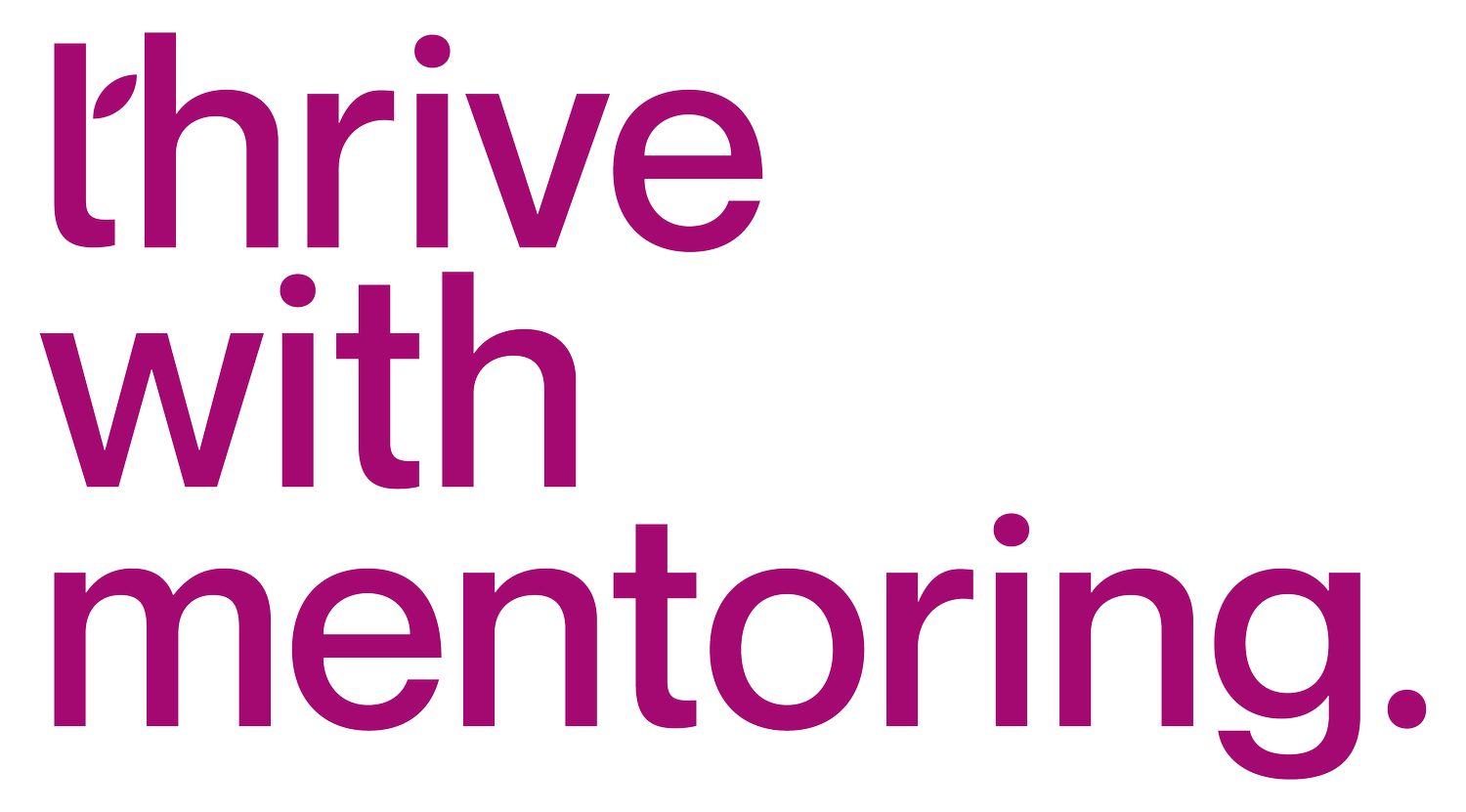The Science of Successful Mentoring: What Research Tells Us
Mentorship is a critical component in professional development, recognized for its substantial impact on both mentors and mentees across various fields. Drawing from recent research, this blog explores the elements that contribute to successful mentorship relationships, focusing on effective matching criteria, the impact on career advancement, and the psychological benefits for all parties involved.
Effective Matching Criteria
The foundation of a successful mentorship relationship often lies in how well the mentor and mentee are matched. Research indicates that the most effective pairings are those based on complementary skills, career interests, and personal attributes. A study from Harvard Business Review suggests that mentor-mentee relationships are more fruitful when aligning the mentee's career aspirations with the mentor's area of expertise and past experiences. This alignment not only ensures that the mentor can provide relevant and practical advice but also increases the mentee’s engagement and satisfaction with the relationship.
Furthermore, personality matching plays a crucial role. According to a study published in the Journal of Vocational Behavior, similarities in personality types between mentors and mentees can lead to more effective communication and a stronger rapport, which are key predictors of the relationship’s success.
Impact on Career Advancement
The benefits of mentorship extend prominently into career advancement. Data from multiple sources, including a survey by LinkedIn, show that individuals who receive mentorship are promoted at a higher rate than those who do not. Mentors provide not only guidance and feedback but also access to professional networks, which can open doors to career opportunities otherwise inaccessible.
Moreover, mentors help mentees navigate the complexities of organizational politics and advocate for them in strategic discussions. This advocacy is critical as it often influences decisions on promotions and leadership roles, as supported by research from the Academy of Management.
Psychological Benefits
The psychological benefits of mentorship are significant for both mentors and mentees. For mentees, the relationship can lead to increased self-esteem and job satisfaction, as found in studies published by the American Psychological Association. This boost in confidence often comes from the supportive, affirming nature of mentor feedback and the personal interest a mentor takes in the mentee’s professional growth.
Mentors also report considerable psychological benefits, including a sense of fulfillment and rejuvenation of their own passion for their work. Engaging with mentees often allows mentors to reflect on their own careers and achievements, which can reinforce their own professional identity and purpose in their field.
Best Practices for Enhancing Mentorship Effectiveness
To maximize the effectiveness of mentorship, both mentors and mentees should strive to establish clear communication about goals and expectations from the outset. Regular meetings and updates can help keep the relationship focused and productive. Additionally, fostering a culture of open feedback and mutual respect is crucial, as it encourages honest discussions about career development and challenges.
The research on mentorship clearly demonstrates its powerful impact on professional and personal development. By understanding and implementing evidence-based practices in mentorship, both mentors and mentees can optimize the benefits of their relationships. Successful mentorship not only advances careers but also enriches the professional journey with invaluable interpersonal connections and personal growth.
For mentors and mentees looking to deepen their understanding and improve their mentorship strategies, embracing these research-backed insights can lead to more satisfying and productive relationships that propel professional achievements and personal development.
Join Our Upcoming Cohorts
Ready to take your personal and professional growth to the next level? Whether you're looking to guide others as a mentor or enhance your own skills as a mentee, join our upcoming cohorts at Thrive with Mentoring. Explore how our structured mentorship can illuminate your path to success. Sign up today and start your journey with us!

